Many Sámi, Kvens and Forest Finns experience grief over not mastering the language that ties them to their own people. An increasing number are now trying to reclaim their language.
News
The work of MultiLing – Center for Multilingualism in Society has brought the research frontier forward. Results include a better basis for treatment of language disorders in multilingual persons with aphasia and dementia, and a better understanding of children’s language development.
A black dot in the midst of the eye can tell researchers whether you are lying or not – and about plenty of other mental processes.
A long term collaborator and friend of MultiLing, Hirut Woldemariam has spent her career breaking glass ceilings and providing a model to empower women in leadership and promote increased gender equality in Ethiopia.
During the coronavirus pandemic, researchers were able to study children’s language development at home. While passive screen time gets in the way of learning, only 15 minutes of shared reading can work wonders for the vocabulary.
Unn Røyneland and Ingebjørg Tonne share their thoughts on future directions for MultiLing, on the preconditions for excellent research, and on the need to take good care of corona-isolated PhDs and postdoctoral fellows.
A new master’s programme at the University of Oslo will prepare students to work in a multilingual Norway and beyond.
Norwegian language skills are part of the Polish construction workers’ expertise. However, migrant workers in Norway still need general language training.
Many European minority languages are being elevated within legislation and research. Linguistic Minorities in Europe aims to make the research available.
A new study suggests that knowing more than one language can help people with dementia to communicate. However, family and healthcare workers have to play their part, according to a Norwegian language professor.
Janne Bondi Johannessen, Professor of Linguistics at the University of Oslo, passed away on June 15, 2020, at the age of 59.
The Covid-19 pandemic has put racial debates in the US on top of the agenda, according to linguistics professor Lourdes Ortega.
“Our tips are for all teachers in all schools to try to find the strengths multilingual students have because we are a very good resource for the community.[…] There are a lot of things that the teachers can learn from this project. Teachers don't need to treat us like we don't know anything at all, because we already know something.”
Around the world, people are adjusting to measures put in place to slow the spread of the novel coronavirus. The University of Oslo closed its doors Thursday 12 March. At MultiLing we are adjusting to a new normal: working and teaching from home, not knowing when we'll be able to return.
GURT 2020 Multilingualism: Global South and Global North Perspectives – an important milestone for MultiLing’s INTPART collaboration – was sadly cancelled due to the coronavirus. However, it didn't take long for the organizers to regroup and launch GURT as a virtual conference.
In 2018, MultiLing opened its Socio-cognitive Laboratory, which allowed for many new and exciting research projects to be carried out. In January 2020, a new branch of the lab, the Babylab, will be ready to receive its first participant visits.
"Leaders in academia have much to learn from leaders in other fields," says HR Manager at the Faculty of Humanities, Helga Reiss. This fall, MultiLing organized its second Women and Leadership Roundtable at Campus Blindern.
In June, MultiLing hosted a three-day workshop which aimed to reflect on visual prompts and methods in both psycho- and sociolinguistics, organized by Judith Purkarthofer and Pernille Hansen. The workshop was part of Colloquium B in MultiLing’s five-year-plan, “Engaging innovative methodologies in studying multilingualism across the lifespan”.
Many are under the misconception that the widespread multilingualism in our modern and increasingly globalized world is a fairly new development. This round-table conference, organized by Aneta Pavlenko and Pia Lane, aimed to show that practices of multilingualism have been common and necessary for centuries, even millennia.
The annual meeting with MultiLing’s Scientific Advisory Board (SAB) was held this week, on May 2-3. Among the themes of the meeting this year were career planning and grant application processes, with a particular focus on applications to the European Research Council (ERC).
Research shows that Snapchat, Facebook and WhatsApp help families with immigrant backgrounds develop their multilingualism.
How can you best provide quality education in linguistically and culturally diverse classrooms? This and other hot topics were discussed in depth at "Multilingual and Intercultural Education – Theory and practice from Latin America and Norway" at the end of September. The seminar aimed to strengthen connections among Norwegian and Latin American scholars of multilingual and intercultural education.
When we arrive in a new country, public signs, ads and billboards are often the first form of contact we have with the language and script of the place. At the start of October, colleagues from Norway, Russia, and the UK gathered in Oslo to share their research on linguistic landscapes, and to develop new collaborations between the countries.
If you really want to empower women, what do you have to do? At the Women and Leadership round-table last week, students, university staff, and international scholars came together in Oslo to share experiences, and to discuss how we can achieve gender equality at all levels in academia.
This week, MultiLing in partnership with NTNU hosted a two-day seminar on signed language linguistics and interpreting research.
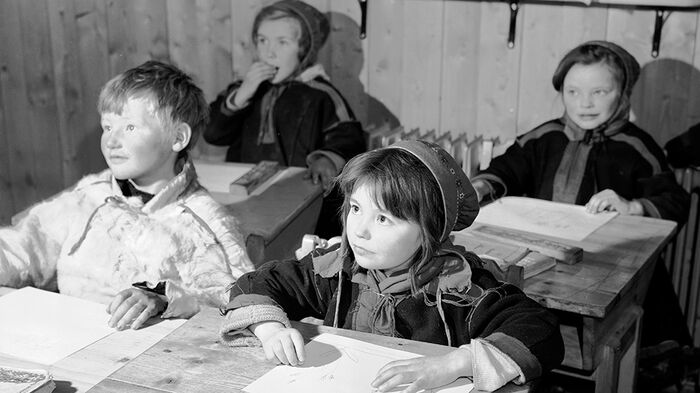
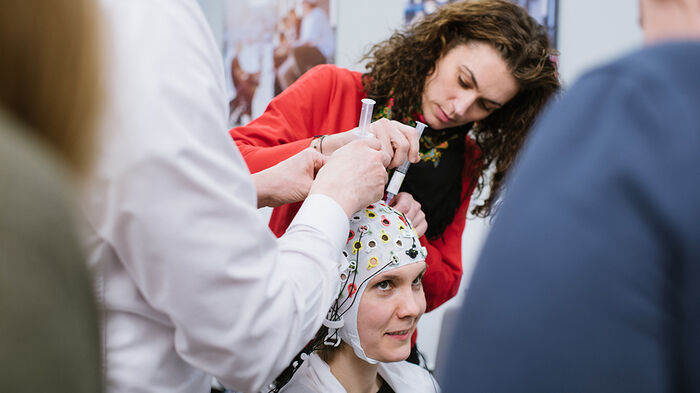

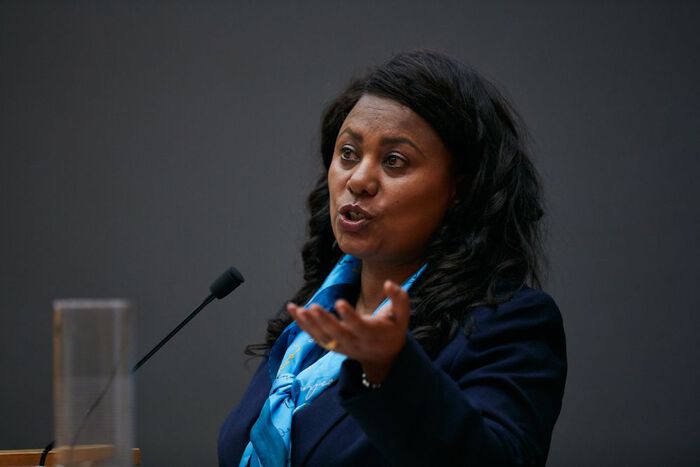

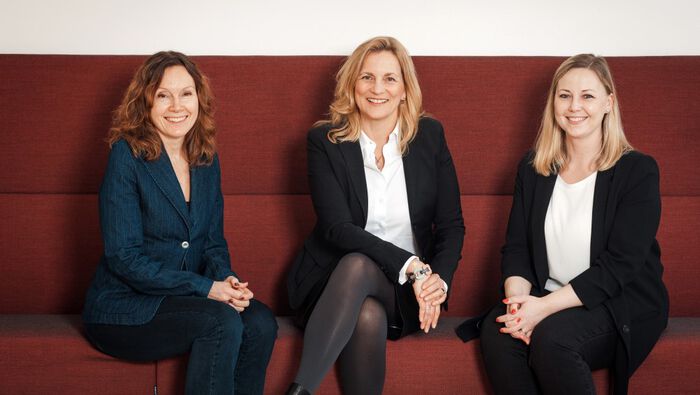
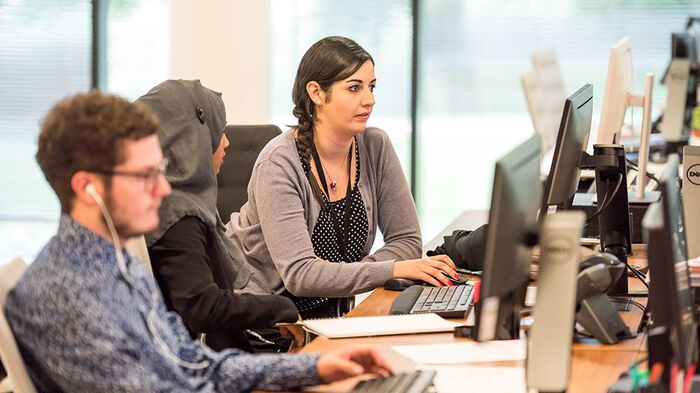



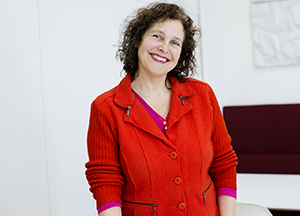
.jpg?alt=listing)
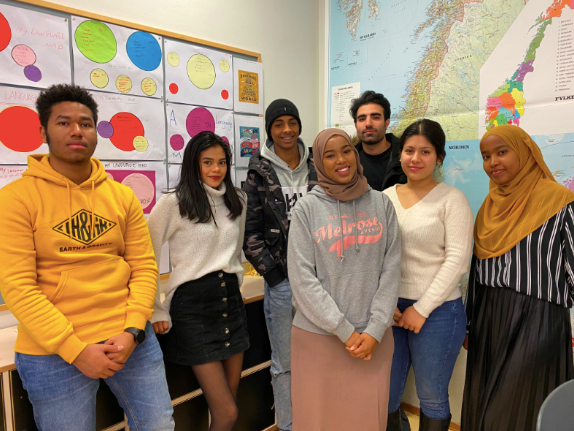
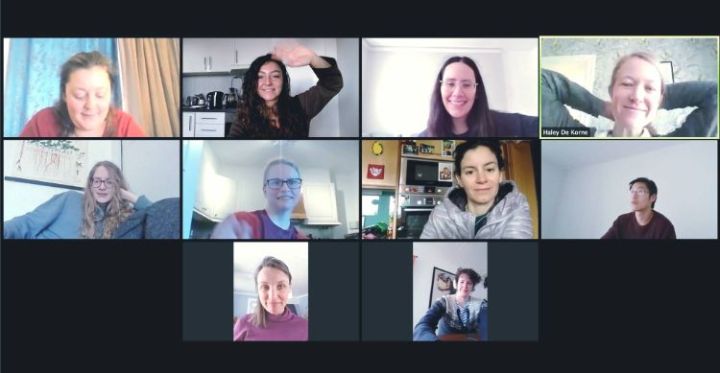
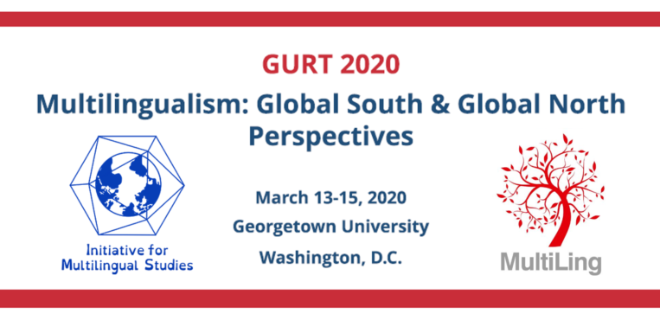
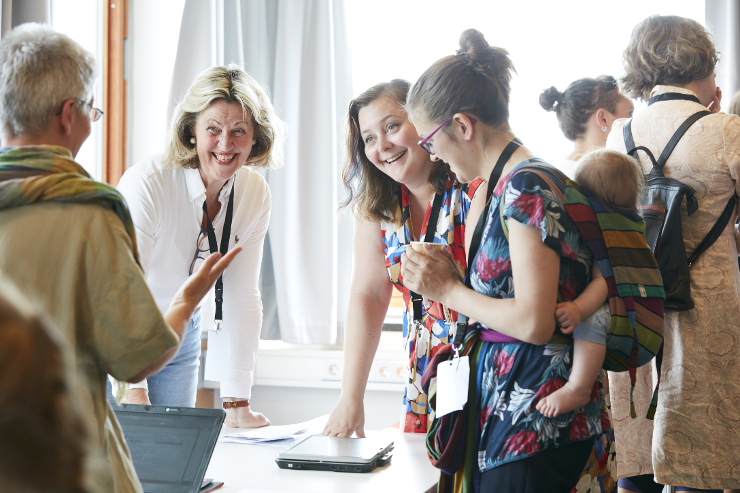
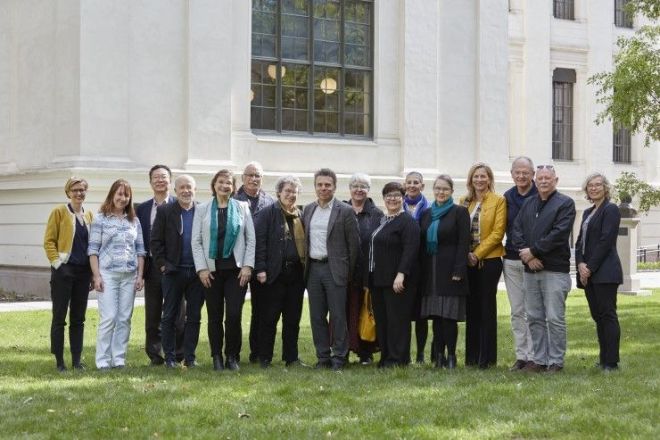


.jpg?alt=listing)
